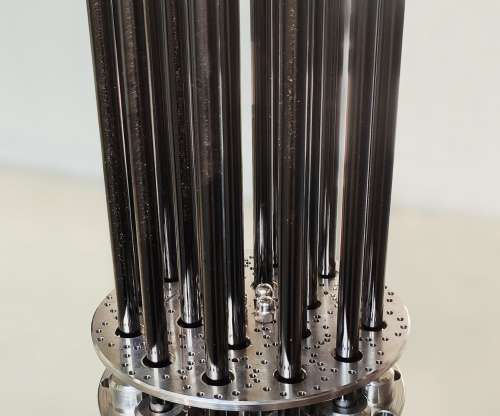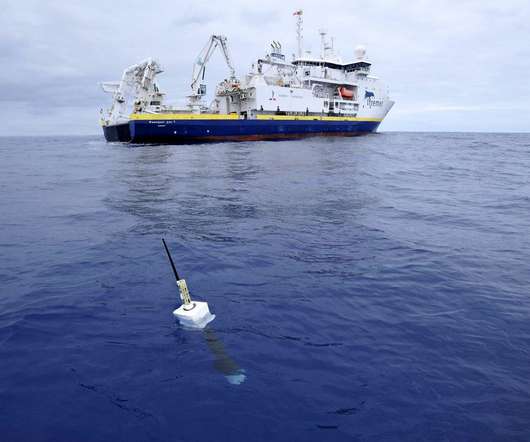HyMethShip seeks to fuel ship engines with hydrogen from methanol
Green Car Congress
JULY 2, 2022
According to the European Environment Agency (EEA), maritime transport is responsible for more than 3% of the total carbon emissions in the European Union. The methanol is mixed with water, then evaporated by applying heat and fed into the preheated reactor, where the mix of methanol and water is converted into hydrogen and CO 2.





















Let's personalize your content